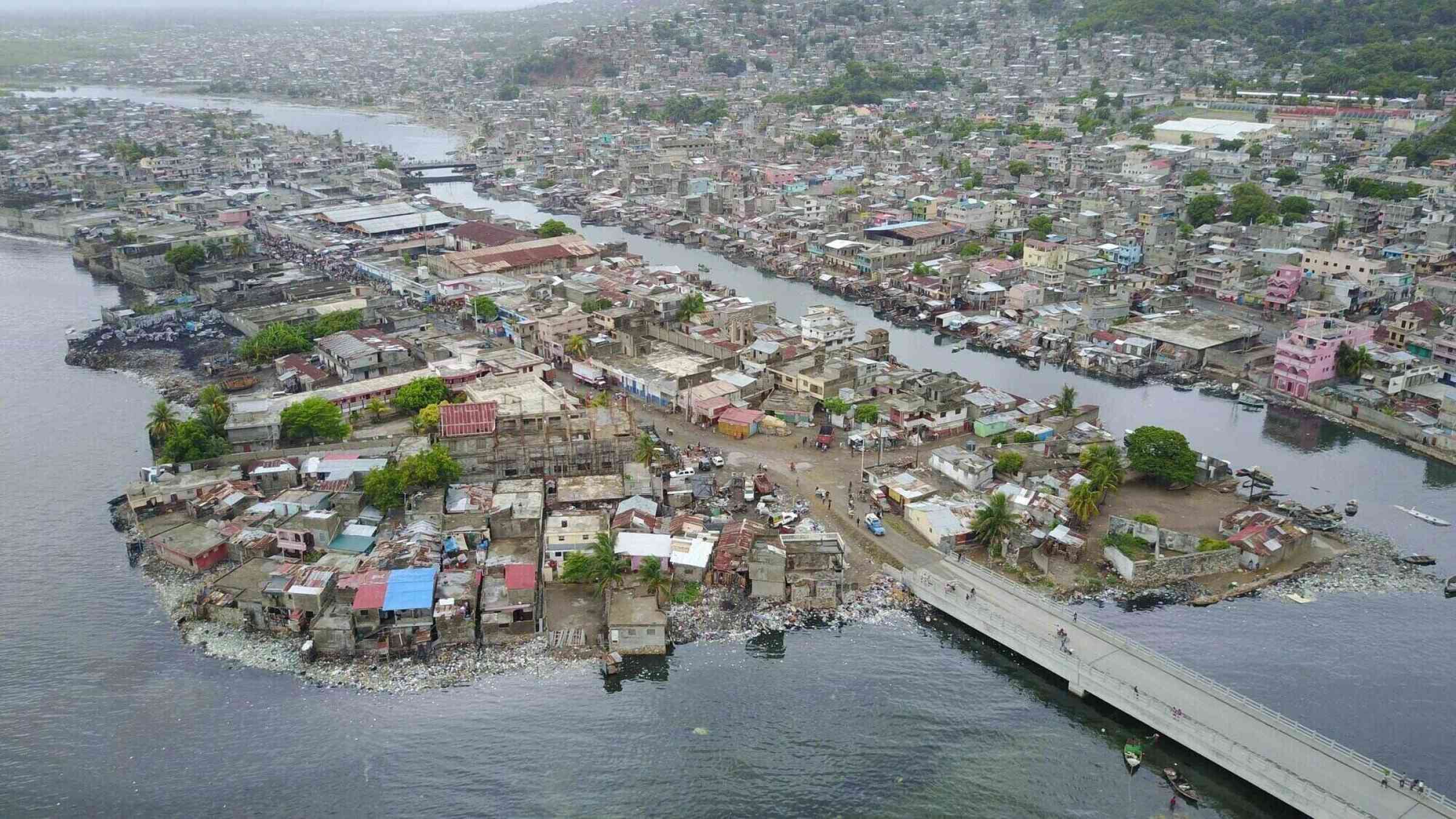Addressing polycrises: Dealing with security and natural hazards in Haiti

Haiti has been in the news frequently in recent years due to devastating earthquakes, tropical cyclones, and political instability that has led to severe security issues. In 2023, government institutions failed to function effectively, with gangs taking control of up to two-thirds of the country.
Growing insecurity and its impact on the population
Despite acknowledging a lack of resources, trust in the Haitian National Police plummeted. People faced lost income, rising unemployment, and reduced social activities due to gang activities. Kidnappings, physical and sexual aggression, and murders increased, with gangs reportedly controlling 80 percent of the Port-au-Prince metropolitan area. Many people were displaced, relocating to safer areas and often living in temporary shelters, which created challenges related to internally displaced populations (IDPs).
Alliance pour la Gestion des Risques et la Continuité des Activités (AGERCA), the CBi Member Network on the ground, conducted two perception surveys to understand how the population felt about the security situation. Most respondents did not believe that the Haitian National Police could improve security on their own; they felt that collaboration with the Haitian Armed Forces or even international support was necessary.
Business efforts to address insecurity and natural hazards
AGERCA engaged in public debates and awareness-raising events to foster dialogue and seek solutions. The organization and its partners distributed aid, including food and non-food items, to IDPs and provided over 1,200 meals in one of the temporary shelters. Efforts related to disaster management continued, including:
- Participating in simulation exercises through the CREWS-Haiti project run by the General Directorate of Civil Protection (DGPC) with support from the UNDP and the World Food Programme (WFP)
- Running a social media competition on seismic risk under the theme "I remember, I learn"
- Conducting corporate training programs on seismic risk (including a simulation exercise) and basic first aid
- Supporting the development and implementation of a multi-hazard warning system, SAPMAH, for Haiti
- Organizing training workshops for students on disaster risk reduction and natural threats
- Future Directions for Businesses and Disaster Management in Haiti
Despite ongoing political instability and growing insecurity, businesses are striving to survive in an increasingly difficult context. AGERCA will continue to support its members and the private sector, providing aid to affected and vulnerable populations as much as the situation allows.